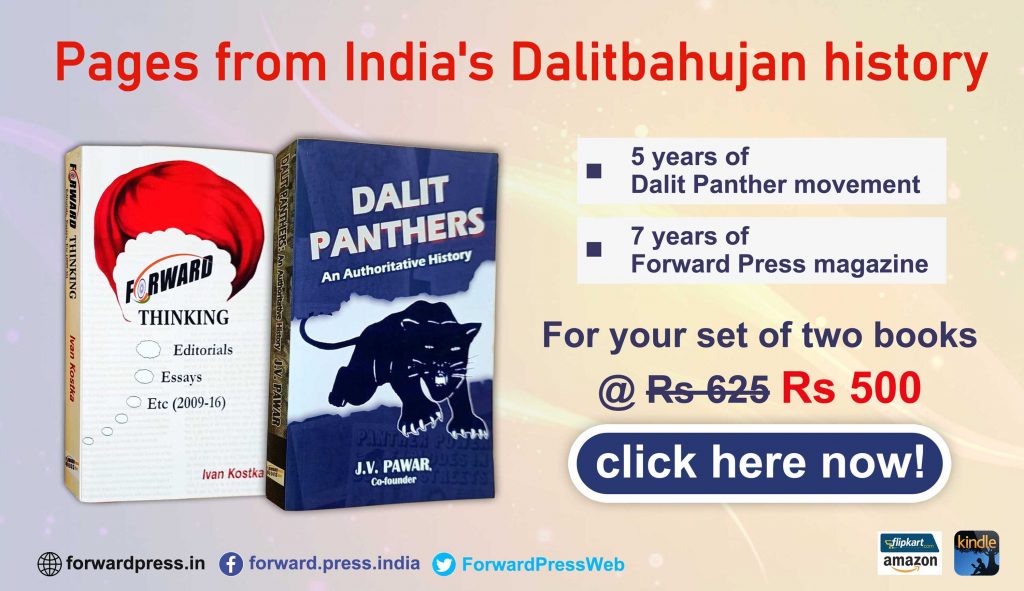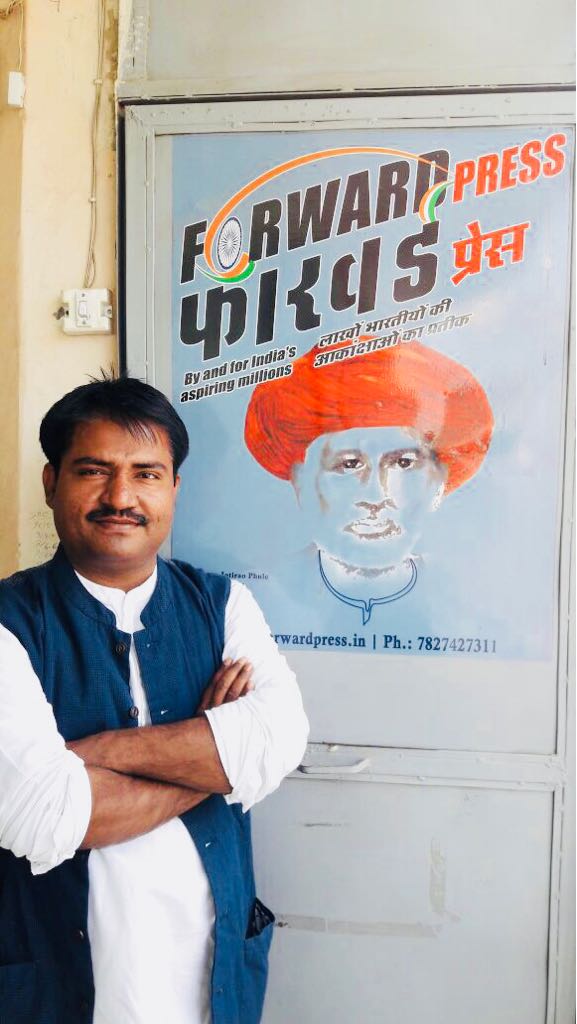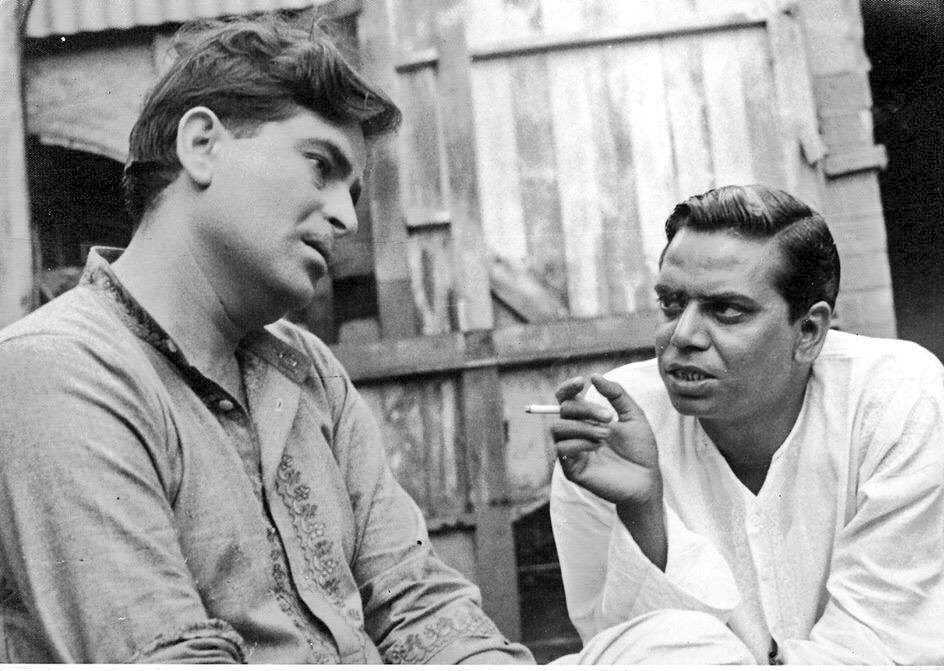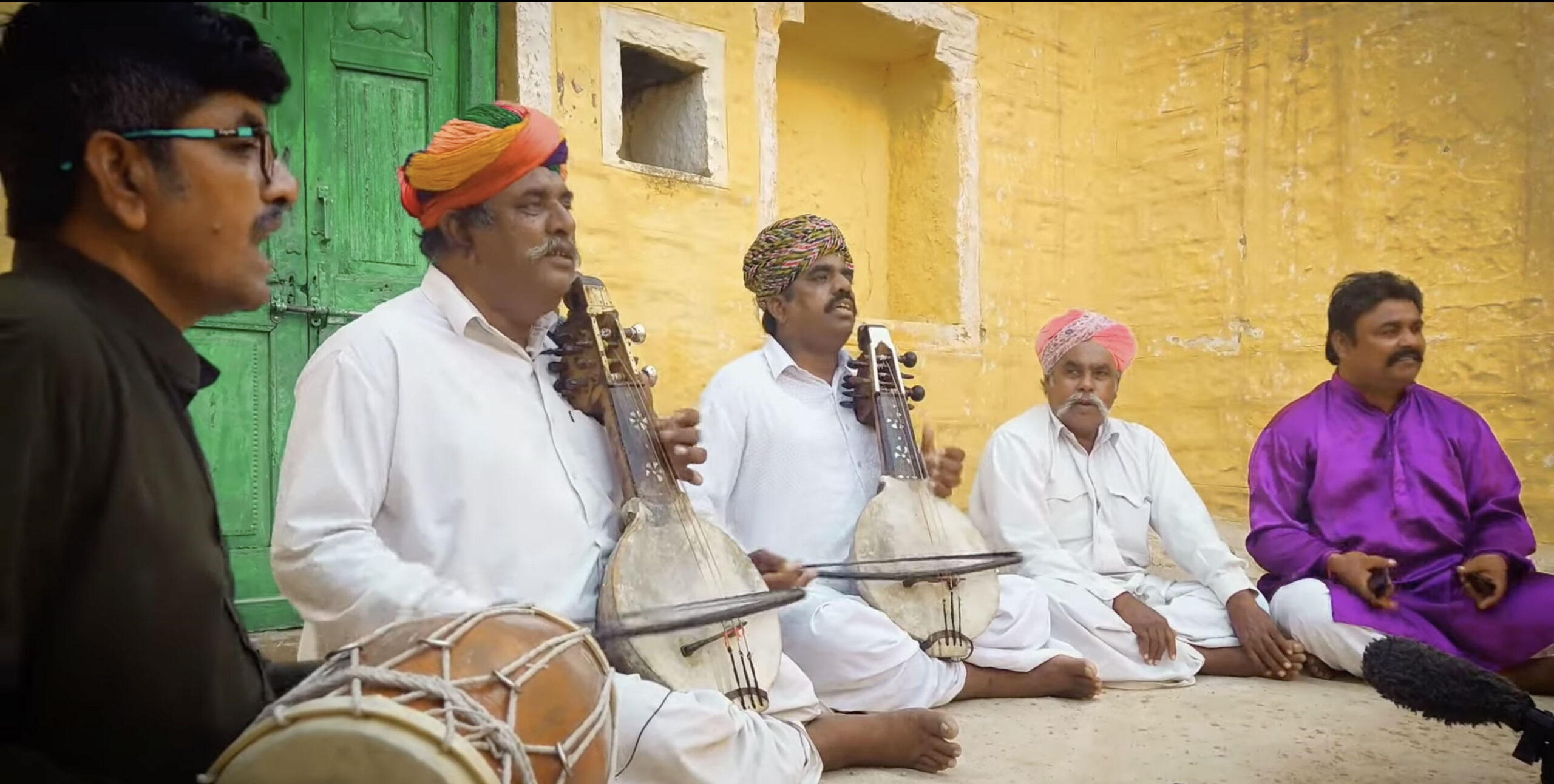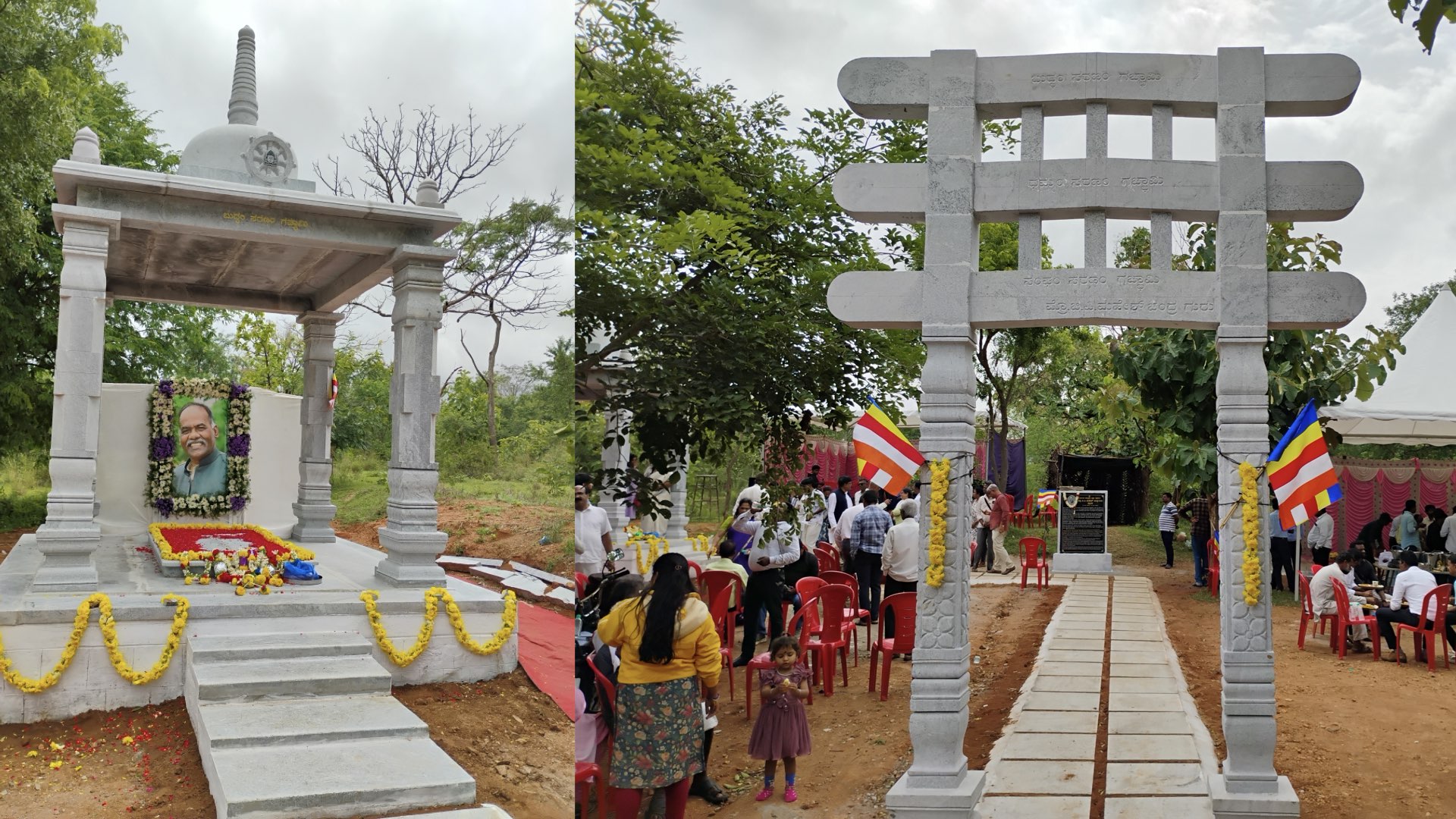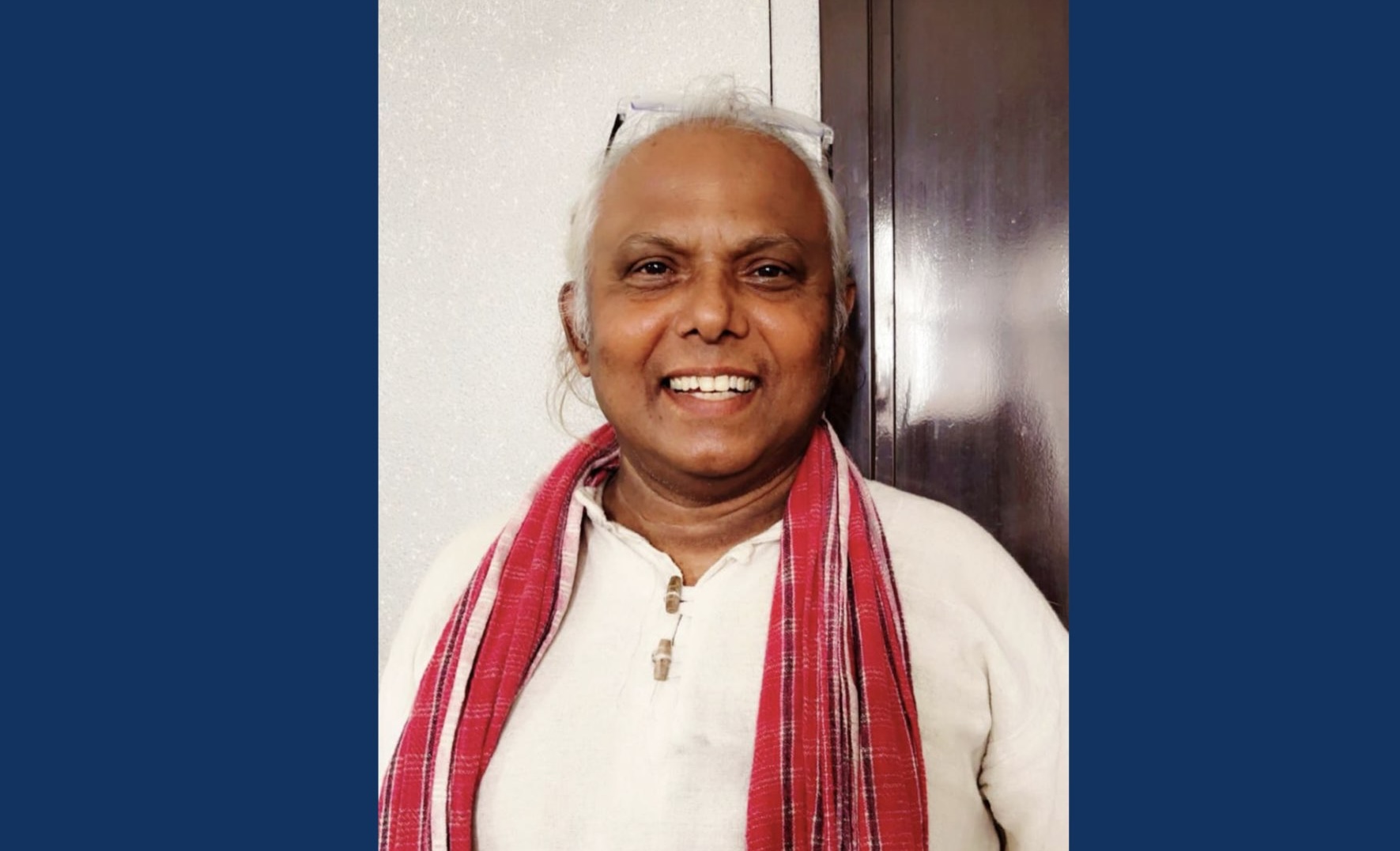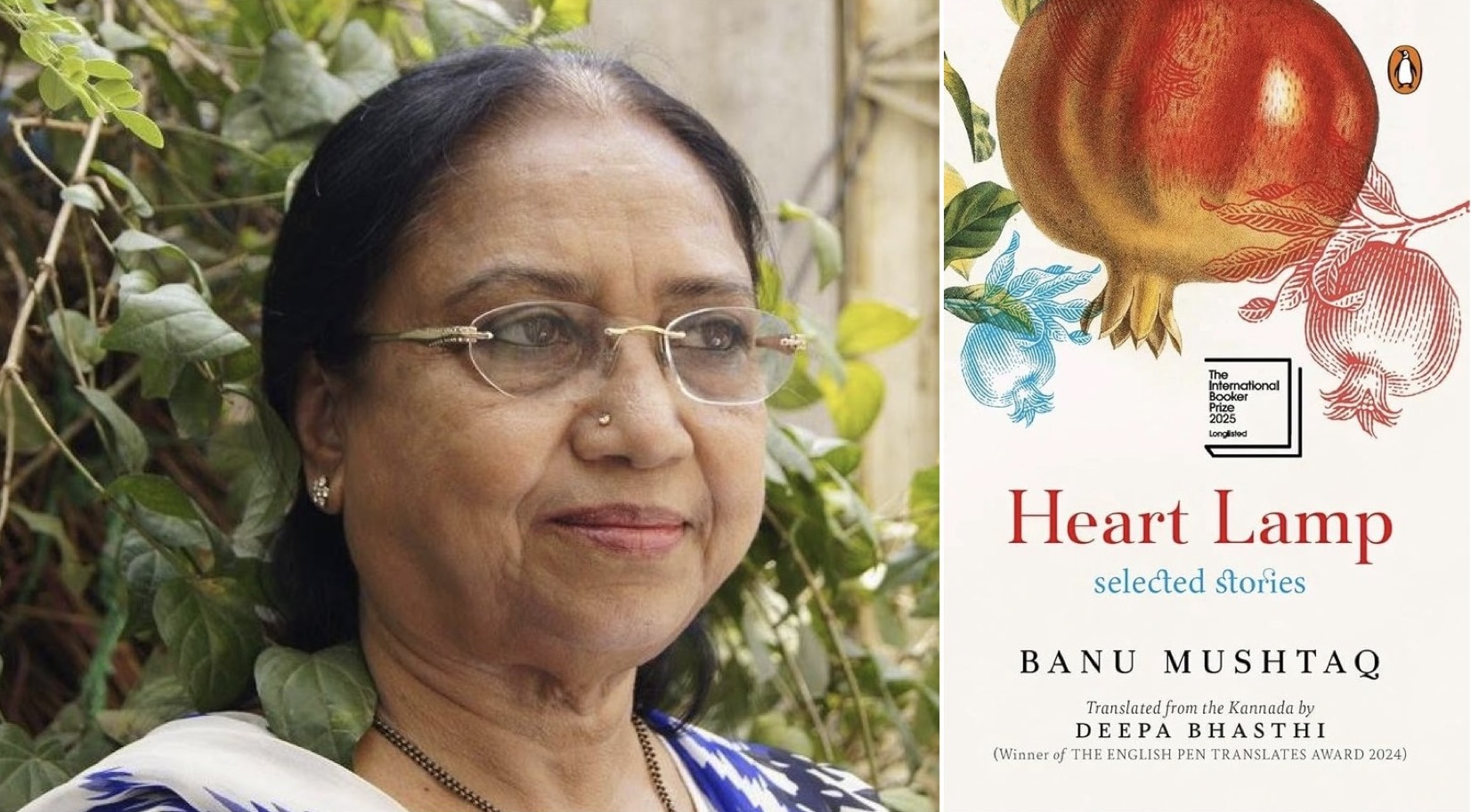About a year and three months after their enactment, the Government of India has repealed three farm laws – Farmers’ Produce Trade and Commerce (Promotion and Facilitation) Act, 2020; the Farmers (Empowerment and Protection) Agreement on Price Assurance and Farm Services Act, 2020; and the Essential Commodities (Amendment) Act (ECA), 2020. The farmers had to stay put on the borders of Delhi, braving the elements, for a year to make this happen. Premkumar Mani, a former member of the Bihar Legislative Council, a Bahujan thinker and an author, spoke with Nawal Kishore Kumar, Forward Press Hindi editor, about the implications of the farmers’ movement and the conduct and the attitude of the central government towards the movement. Edited excerpts:
What is your first reaction to the repeal of the three farm laws by the Union government?
I am happy, though not from the depths of my heart. It is quite late in the day, but at least the government did see reason. The laws were bad and so their withdrawal is good. The laws triggered a nationwide uproar. Parliament may not have debated the laws – both at the time of enactment and repeal – but the nation did discuss them threadbare for more than a year. The government realized that if it tried to put a stop to this debate, the consequences would be serious. Parliament represents the people, hence it should debate any measure that affects them. The Bills should have been discussed, debated and returned. The Bills were not passed. They were tabled amid commotion and were declared passed. Akali Dal, one of the constituents of the ruling coalition, had opposed the Bills from the very outset. The party asked its representative in the council of ministers to resign. The government should have realized at that time itself that it was playing with fire. Whom should we hold accountable for the manner in which the government dealt with this issue? Whom should we hold accountable for the farmers having to brave searing heat, biting cold and heavy rains? The government allowed anarchic conditions to prevail for more than a year. Ultimately, it realized that the farmers would not give in or give up and that their stir was adversely affecting the country’s farm production and its image as a democracy. By withdrawing the laws, the government has not done any good to the farmers but has protected itself. I would like to congratulate the government. At least good sense prevailed, better late than never.
